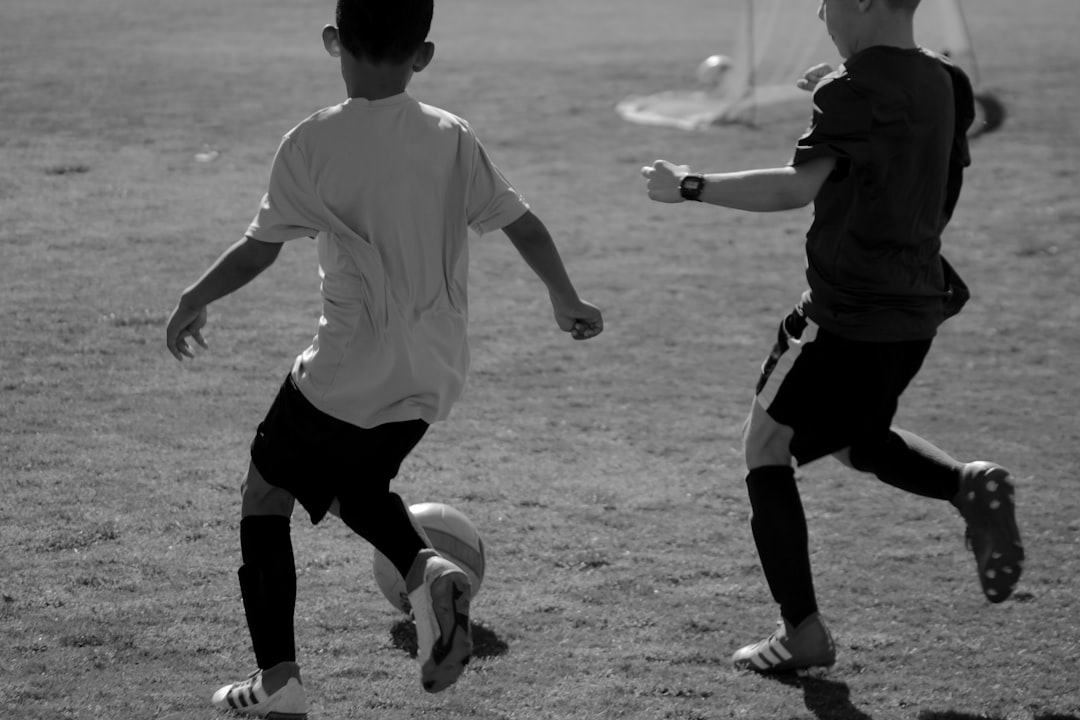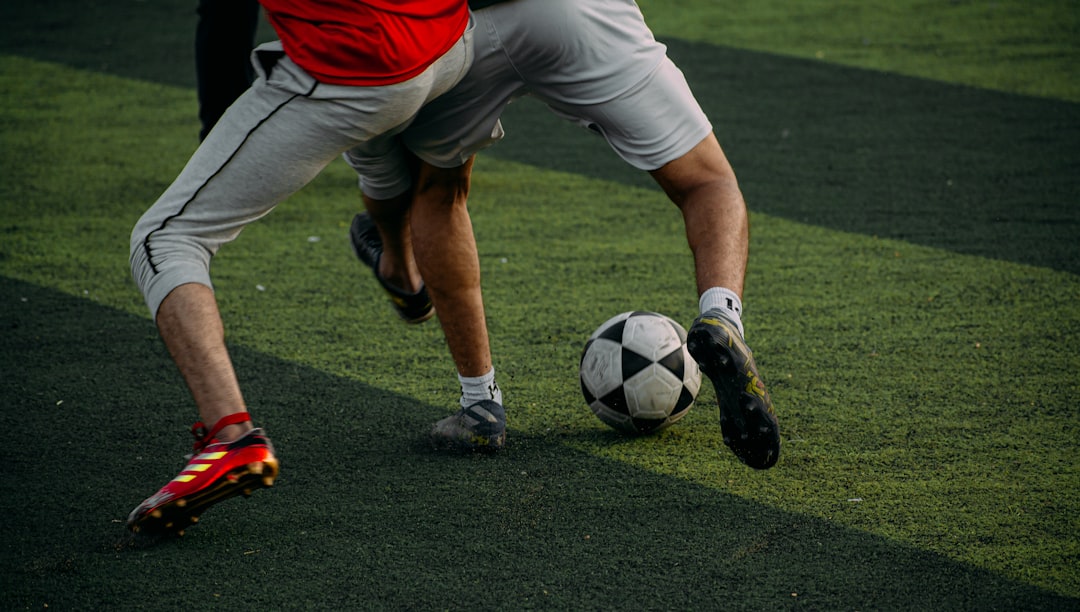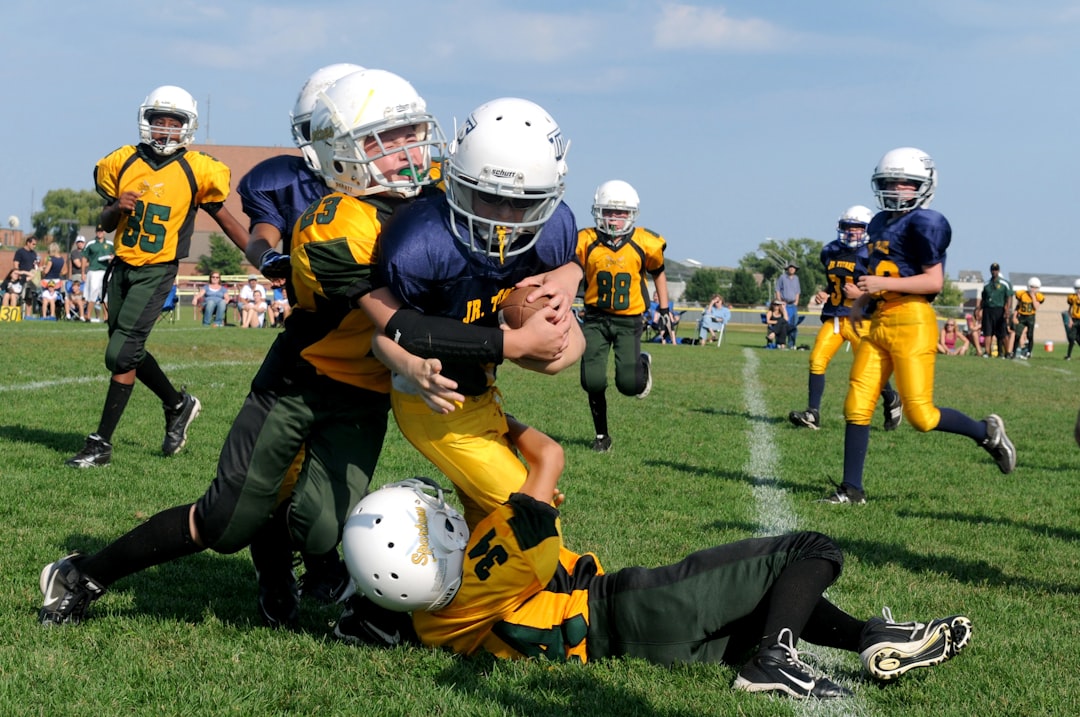Across the United States, youth sports leagues are a vital part of childhood development, promoting teamwork, physical fitness, discipline, and fun. However, behind the thrilling games and enthusiastic crowds lie several layers of complex logistics that can overwhelm even the most dedicated league administrators. Today, artificial intelligence (AI) is stepping up as a powerful ally, helping youth sports organizations streamline operations, make data-driven decisions, and enhance the experience for players, coaches, and parents alike.

Automated Scheduling and Resource Allocation
One of the most time-consuming tasks for any sports league is scheduling games, practices, and events. Conflicts over field space, referee availability, and team travel logistics can cause major headaches. AI-powered scheduling systems now use machine learning algorithms to analyze a host of variables—team locations, field availability, school calendars, weather patterns, and more—to create conflict-free, optimized schedules in minutes.
These tools can also be updated in real time. If a rainstorm cancels three Saturday games, the AI reprocesses availability and reschedules based on priority and impact, saving administrators hours of manual work. It ensures fairness by rotating favorable time slots and home-field advantages among teams over the season.
Player Performance and Health Monitoring
Coaches and trainers are increasingly turning to AI to track and analyze a player’s on-field performance and physical condition. Wearable devices equipped with sensors can collect data on metrics such as heart rate, speed, jump height, and impact levels. AI analyzes this data to spot injury risks, monitor fatigue, and suggest individualized training regimens tailored to each player’s needs.
This technology doesn’t just benefit elite athletes—it’s being scaled down for youth leagues. Some platforms offer insights for coaches and parents, helping decrease the risk of overtraining and long-term injuries in young athletes.

Communication and Parental Engagement
Clear communication is essential to keeping parents, players, and staff informed and engaged. AI chatbots and automated messaging services are being utilized to provide real-time updates about weather delays, field changes, registration deadlines, and player stats. By using these tools, leagues can reduce the time spent responding to emails or phone calls while improving transparency and organization.
Data-Driven Recruitment and Team Formation
Forming balanced teams in youth leagues has traditionally relied on anecdotal evidence and coach familiarity. New AI tools now evaluate player statistics, skill assessments, and past game footage to more accurately evenly divide talent across teams. These platforms can suggest team assignments that ensure competitive balance, which leads to a more enjoyable experience for all participants.
Some AI-driven platforms even provide predictive analytics that help identify players who may excel in certain positions or roles. This allows coaches to better develop young athletes and place them in paths suited to their physical and mental strengths.
Financial Optimization and Fundraising
Budgeting and fundraising are crucial components of any youth sports league. AI-assisted financial tools can compare pricing on uniforms, supplies, and facilities, helping leaders make cost-effective choices. Other platforms use predictive models to forecast donation patterns and plan optimal times to launch fundraising campaigns, thereby ensuring sustained funding for teams and events.
Frequently Asked Questions (FAQ)
-
How can AI help small, local youth leagues with limited budgets?
Several affordable AI tools are designed for smaller leagues and can significantly cut down on manual tasks like scheduling, communication, and registration, allowing limited staff to do more with less. -
Is AI replacing the role of coaches or administrators?
Not at all. AI serves as a tool that enhances their efficiency, enabling them to focus on mentorship, leadership, and player development while the mundane tasks are automated. -
How is data privacy handled in youth AI platforms?
Reputable AI companies prioritize youth data protection and operate under strict compliance with federal and state-level regulations such as COPPA (Children’s Online Privacy Protection Act). -
Can AI really help prevent injuries?
Yes. Using physiological data collected from wearables and training logs, AI can recognize signs of fatigue and overuse, alerting coaches and parents to risk factors before they lead to injury.
As AI continues to evolve, its role in youth sports will only grow, helping leagues run more professionally, affordably, and safely—ensuring players, parents, and coaches can focus on the love of the game.
